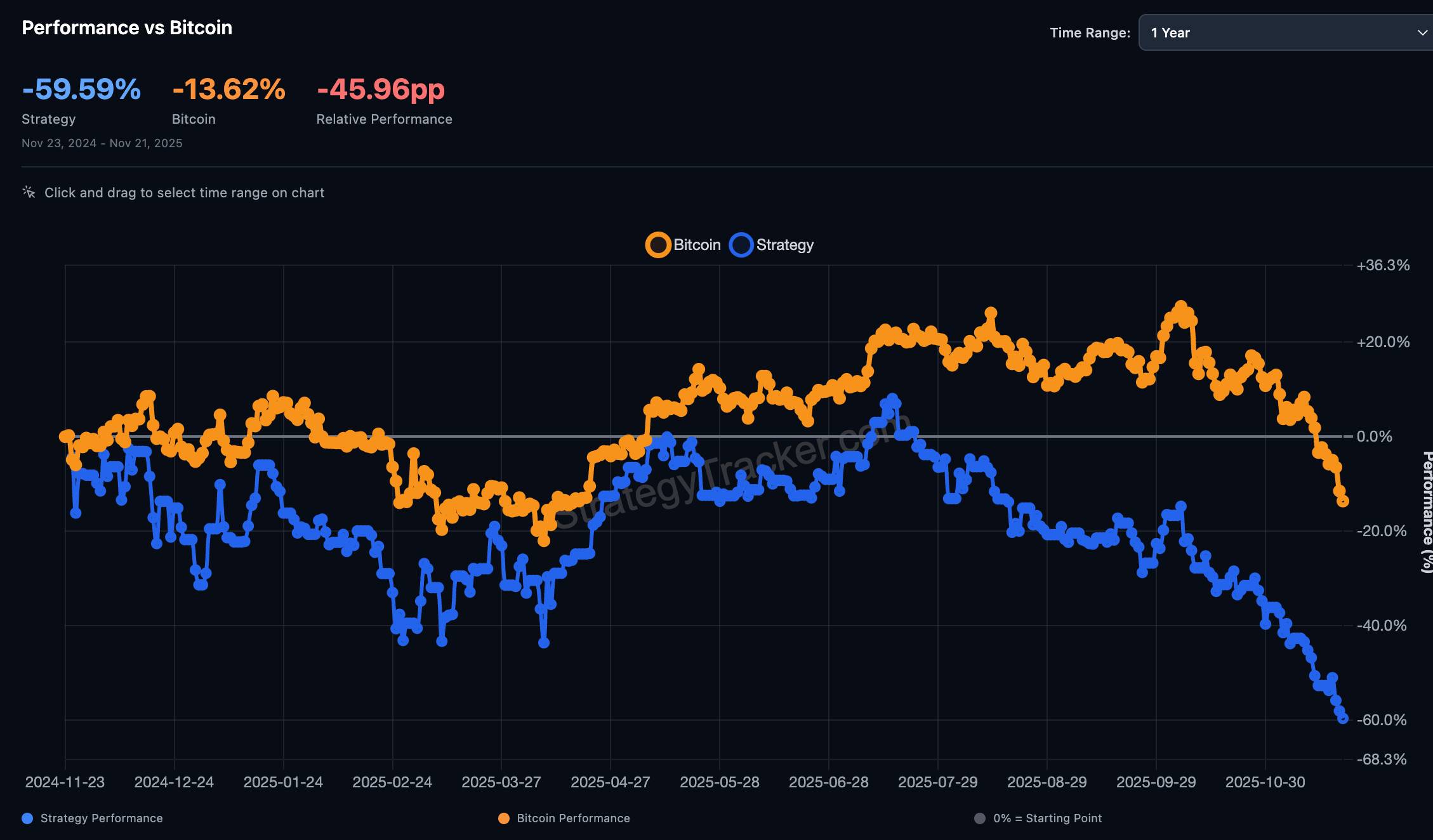Is Optimism Over Spot Ethereum ETF Approvals Waning?
Digital asset markets surged 80% in the months that led up to the approval of spot Bitcoin exchange-traded funds, but ETH is trailing behind.
Since spot Bitcoin ETFs were approved in mid-January, crypto markets have surged a further 60% adding a trillion dollars to total capitalization.
Bitcoin charted a new all-time high , but Ethereum did not and has been unable to overcome the $4,000 level decisively.
On March 11, Fox Business correspondent Eleanor Terrett said optimism about the U.S. Securities and Exchange Commission approving spot Ethereum ETFs by May 23rd is waning.
ETH ETF Fever Fading
She added that based on conversations with “people familiar with the matter,” meetings in recent weeks have been very much one-sided.
Issuers and custodians have been trying to rally SEC staff to get the process rolling, but they were “not really engaging in meaningful ways like they did with the BTC spot ETF applications,” she said.
“I’m told that Gary Gensler believes he already placated the industry with the approval of the spot BTC ETFs.”
Additionally, anti-crypto politicians like Elizabeth Warren are already angry at the agency for approving the Bitcoin ETFs in the first place and are “rallying against the same thing happening for ETH.”
A source told her that:
“Staff has been very hard to gauge on this and we’re not sure if anyone really knows what’s going on in their heads. But they’re going to have to start work soon if it’s going to have a shot.”
🚨SCOOP: Optimism about the @SECGov approving the $ETH spot ETFs by May 23rd is waning.
Based on my conversations with people familiar, meetings in recent weeks have been very much one sided, with issuers and custodians trying to rally SEC staff to get the process rolling, but…
— Eleanor Terrett (@EleanorTerrett) March 10, 2024
ETF Store President Nate Geraci commented that the SEC has argued that Ethereum futures are not highly correlated with spot markets.
“Not saying SEC gonna approve spot ether ETFs, but not sure how they deny based on lack of correlation. Would be pretty bad look IMO.”
He added that the Grayscale court victory would be a compelling reason for approval and options for the SEC are to “unwind years of implicit acceptance of Ether as a commodity or face new lawsuit(s) if issuers so choose.”
“Maybe I’m missing something, but this all seems so basic,” he said before adding that if the SEC is comfortable with investors owning ETH futures ETFs, then they should be ok with spot Ethereum ETFs.
Warren on The Warpath
Bloomberg ETF analyst Eric Balchunas offered his opinion, stating:
“Gary [Gensler] is in the [Elizabeth] Warren doghouse for BTC. It may be that simple. And threat of lawsuit lower IMO because Grayscale may be less excited to subsidize another blockbuster hit product for BlackRock.”
If ether futures aren’t *highly* correlated w/ spot market, then why did SEC approve ether futures ETFs in Oct…
How does that protect investors?
Not saying SEC gonna approve spot ether ETFs, but not sure how they deny based on lack of correlation. Would be pretty bad look IMO.
— Nate Geraci (@NateGeraci) March 10, 2024
Disclaimer: The content of this article solely reflects the author's opinion and does not represent the platform in any capacity. This article is not intended to serve as a reference for making investment decisions.
You may also like
$8.8 billion outflow countdown: MSTR is becoming the abandoned child of global index funds
The final result will be revealed on January 15, 2026, and the market has already started to vote with its feet.

Deconstructing DAT: Beyond mNAV, How to Identify "Real vs. Fake HODLing"?
There is only one iron rule for investing in DAT: ignore premium bubbles and only invest in those with a genuine flywheel of continuously increasing "crypto per share."

Empowered by AI Avatars, How Does TwinX Create Immersive Interaction and a Value Closed Loop?
1. **Challenges in the Creator Economy**: Web2 content platforms suffer from issues such as opaque algorithms, non-transparent distribution, unclear commission rates, and high costs for fan migration, making it difficult for creators to control their own data and earnings. 2. **Integration of AI and Web3**: The development of AI technology, especially AI Avatar technology, combined with Web3's exploration of the creator economy, offers new solutions aimed at breaking the control of centralized platforms and reconstructing content production and value distribution. 3. **Positioning of the TwinX Platform**: TwinX is an AI-driven Web3 short video social platform that aims to reconstruct content, interaction, and value distribution through AI avatars, immersive interactions, and a decentralized value system, enabling creators to own their data and income. 4. **Core Features of TwinX**: These include AI avatar technology, which allows creators to generate a learnable, configurable, and sustainably operable "second persona", as well as a closed-loop commercialization pathway that integrates content creation, interaction, and monetization. 5. **Web3 Characteristics**: TwinX embodies the assetization and co-governance features of Web3. It utilizes blockchain to confirm and record interactive behaviors, turning user activities into traceable assets, and enables participants to engage in platform governance through tokens, thus integrating the creator economy with community governance.

Aster CEO explains in detail the vision of Aster privacy L1 chain, reshaping the decentralized trading experience
Aster is set to launch a privacy-focused Layer 1 (L1) public chain, along with detailed plans for token empowerment, global market expansion, and liquidity strategies.

